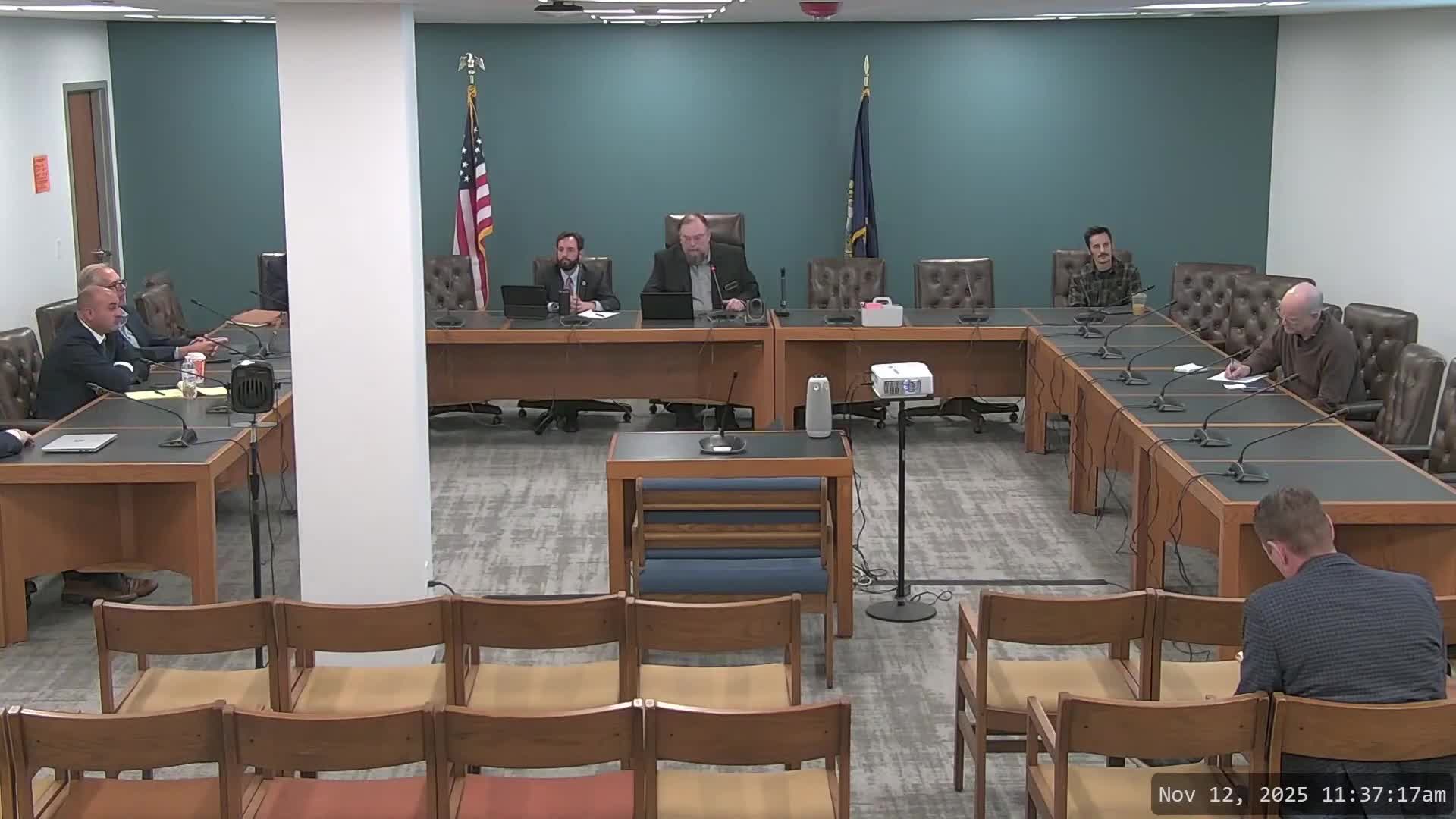Industry groups urge state coordination, set of best practices for stablecoin oversight
Get AI-powered insights, summaries, and transcripts
Subscribe
Summary
Digital Chamber representatives outlined state models (New York, California, Texas, Wyoming), urged interstate and federal coordination, and recommended reserve backing, segregation, clear redemption, privacy safeguards, and AML/KYC as best practices for stablecoin oversight.
Representatives of the Digital Chamber told the commission that states are now writing many of the rules for digital assets and urged New Hampshire to coordinate with other states and federal agencies as it develops policy. "We're here to help inform, so that way you can craft the best policies," Anastasia, state policy director for the Digital Chamber, said.
Jonathan (Digital Chamber) reviewed several state approaches: New York’s BitLicense (comprehensive but has practical hurdles such as requiring separate approvals for the same stablecoin on different chains); California’s pared‑down licensing approach; Texas’s guidance that treats stablecoins as stored value; and Wyoming’s proactive measures, including a Frontier token and special purpose depository institutions.
The presenters recommended a core set of best practices for oversight: full high‑quality liquid asset backing (1:1), segregation and bankruptcy‑remote protections for reserves, clear and enforceable redemption rights, issuer‑level AML/KYC, and balance privacy protections for ordinary transactions. They also recommended regulatory sandboxes, pilot programs, and model rules aligned with federal frameworks to support innovation while protecting consumers.
The Digital Chamber emphasized outreach and peer‑state learning and encouraged the commission to publish a state digital finance road map and consider coordinated model rules to avoid inconsistent regulation between states.
